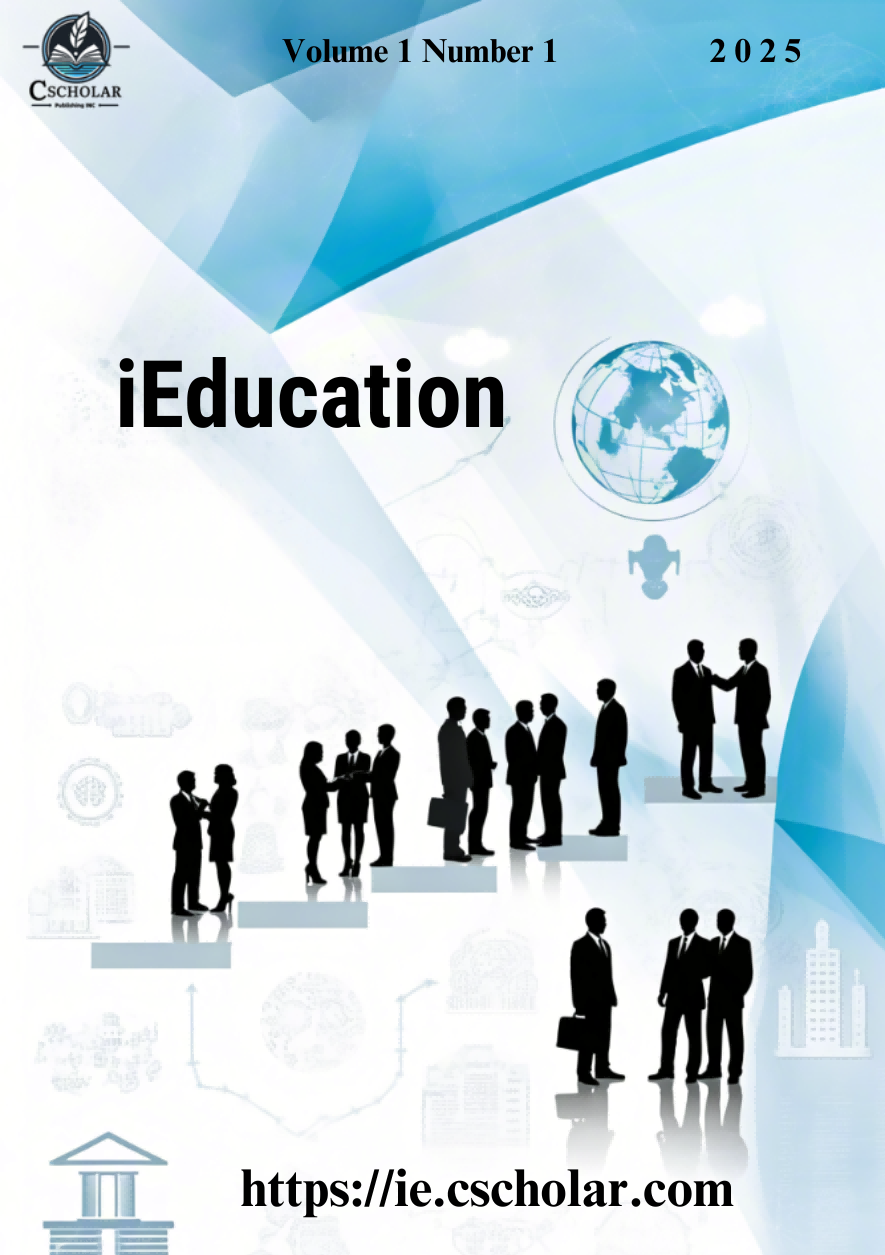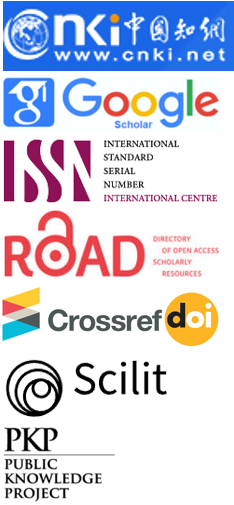Innovation and Practice of the Synergistic Talent-Cultivation Model of “Disciplinary Literacy, Ideological and Political Education, and Professional Nurture” under the OBE Concept in Basic English Teaching
DOI:
https://doi.org/10.71204/3xpn1b64Keywords:
OBE, Basic English Teaching, Synergistic Talent-Cultivation ModelAbstract
Basic English serves as a pivotal course within the English Education major, primarily targeting first- and second-year undergraduates. Historically, the pedagogical approach in Basic English courses in China has placed a premium on linguistic knowledge at the expense of practical application, concentrated on the academic major to the detriment of comprehensive student development, and has not effectively aligned course objectives with the criteria for graduation. As a result, the current instructional paradigm falls short in adequately preparing students for the challenges of the future workforce. To redress these shortcomings, the research embarked on a pedagogical reform initiative. Utilizing a mixed-methods approach that integrates surveys and action research, this study delves into the development and implementation of a synergistic model for talent cultivation. This model amalgamates disciplinary education, ideological and political education (IPE), and professional education within the Basic English curriculum for English Education students, underpinned by the Outcome-Based Education (OBE) philosophy. By establishing a “three-in-one” integrative framework, this study endeavors to nurture students’ ideological and moral attributes, their English disciplinary proficiency, and the vocational competencies essential for future educators. After a decade of frontline teaching practice within the Chinese educational milieu, the model has demonstrated significant improvements in students’ English language proficiency, political awareness, and professional capabilities, thus fostering their holistic development. This research highlights the imperative of ongoing pedagogical innovation and the integration of contemporary educational technologies to realize educational objectives and offers a roadmap for future scholarly inquiry.
References
Feng, W., & Han, J. (2024). The historical evolution, spatial differences, and research trends of OBE. Learning Weekly, 10(28), 163–166.
Ma, J., & Wang, H. (2019). Literature Review on OBE Theory Research. The Theory and Practice of Innovation and Entrepreneurship, 8(16), 88–89.
Spady W. (1994). Outcome-Based Education: Critical Issues and Answers. The American Association of School Administrators.
Spady, W. (2008). It’s Time to End the Decade of Confusion about OBE in South Africa. Suid-Afrikaanse Tydskrif vir Natuurwetenskap en Tegnologie, 27(1), 17–29.
Zeng, Z., Li, J., & Zeng, B. (2022). Study on Talent Cultivation Mode of Local Colleges for Chemistry Specialty Under Normal Professional Certification. Chinese Journal of Chemical Education, 43(6), 14–20.
Downloads
Published
Issue
Section
License
Copyright (c) 2025 Liang Zhang (Author)

This work is licensed under a Creative Commons Attribution 4.0 International License.
All articles published in this journal are licensed under the Creative Commons Attribution 4.0 International License (CC BY 4.0). This license permits unrestricted use, distribution, and reproduction in any medium, provided the original author(s) and source are properly credited. Authors retain copyright of their work, and readers are free to copy, share, adapt, and build upon the material for any purpose, including commercial use, as long as appropriate attribution is given.








